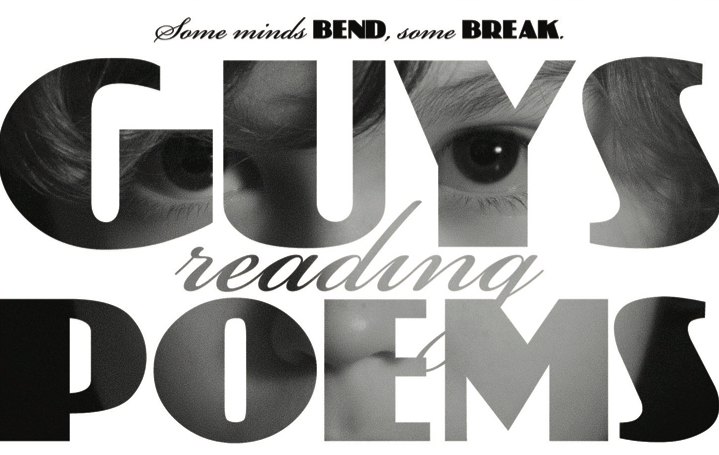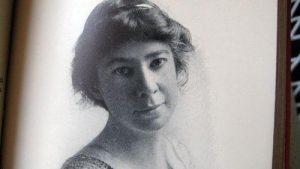By: Collin Kelley
I discovered the poet Sara Teasdale on August 4, 2026 after the nuclear war had devastated Earth and most of its people had fled to Mars.

“I was almost finished with ‘The Martian Chronicles’, his 1950’s collection of connected stories about man’s attempt to colonize Mars.”
That’s not true of course. It was actually the summer of 1979. I was 10 and enthralled by the science fiction writing of Ray Bradbury. I was almost finished with The Martian Chronicles, his 1950 collection of connected stories about man’s attempt to colonize Mars. In one of the final chapters, a futuristic, computer-run house goes on with its daily routine of preparing breakfast, doing laundry and sending robotic mice to vacuum the floors. Outside, the family that once lived there – a father, mother, son and daughter – remain only as flash-burned silhouettes on the side of the house. In the evening, the computer in the library asks the absent wife which poem she would like to hear, but since she can’t answer, a poem is chosen at random: Teasdale’s “There Will Come Soft Rains.”
Written in 1920 and included in her collection Flame and Shadow, the words about war, humankind disappearing and the world going on without us was shockingly prescient. The creation of the atom bomb was still decades away, but Teasdale, after the horrors of World War I, foresaw a future when birds and trees would not miss us and when Spring came again, “Would scarcely know that we were gone.”
This was my first introduction to poetry, and I couldn’t wait to get to the library in my little Georgia hometown to find more Teasdale. Her “Collected Poems” sat dusty on a shelf and hadn’t been checked out in years. I took it home and read it in just a few days. And read it again.
Nuclear war and catastrophe was a grave concern in 1979. Before school had let out for summer, we had practiced hiding under our desks to protect us from the bomb. Even then I knew it was a ridiculous drill. In March, the nuclear power plant at Three Mile Island had gone into meltdown and a computer glitch at NORAD in the autumn would lead the military to believe the Soviet Union had launched a massive strike against North America. Teasdale’s lyrical work was preoccupied with war and love – something else I was on the verge of discovering.
The summer of 1979 was also the year of my first crush on a boy – my best friend and playmate. Teasdale’s poem “A Boy,” although framed by war, included this line that described my friend perfectly.
Clean boyish beauty and high-held head.
Eyes that told secrets, lips that would not tell them…
As my friend and I began to explore our sexuality together, those lines remained with me. Secrets, excitement, and the danger of exposure all mingled together, of being caught in our furtive exploration of each other’s bodies.
Only the words mattered then. It would be many more years before I bothered to find out more about the poet herself: her debilitating illness as a child in St. Louis, her move to New York City and unhappy marriage, the awarding of the first Pulitzer Prize for her Love Songs collection in 1918, her divorce, and her suicide in 1933.
“Let It Be Forgotten,” another of her most famous poems, took on different meaning as I grew older and I began to tally up the parade of bad boyfriends and failed relationships I’d endured over the years.
Let it be forgotten for ever and ever,
Time is a kind friend, he will make us old.
Teasdale was only 48 when she took her own life. She wasn’t old. She couldn’t know that memories linger, especially those about beautiful boys. I haven’t forgotten any of them. And while poets go in and out of fashion (there is still debate on whether Teasdale is a “major poet”), Teasdale will remain for me as a turning point, a doorway, a harbinger of my future and a calm voice radiating heat and light on long-ago summer day.
About the Author: Collin Kelley is an award-winning poet and novelist from Atlanta, GA. He is the author of The Venus Trilogy of literary mysteries (Conquering Venus, Remain In Light and the newly published Leaving Paris) and the American Library Association-honored poetry collection Render – all from Sibling Rivalry Press. His poetry, essays and interviews have appeared in literary journals and magazines around the world.











